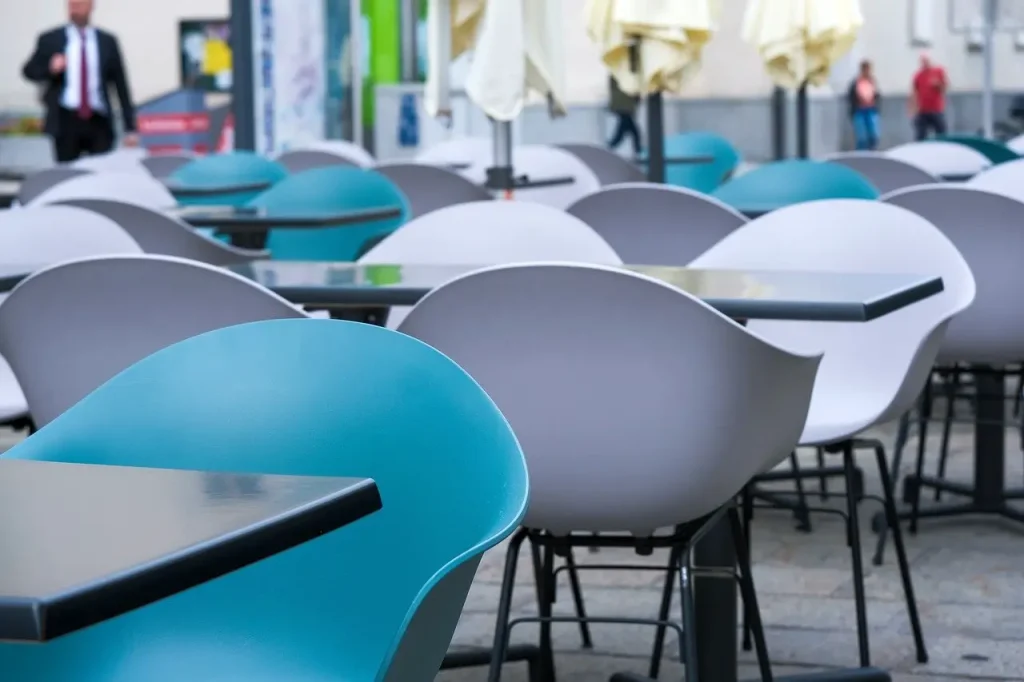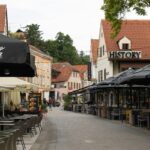Since the beginning of the pandemic, the Headquarters has successfully avoided giving a heads up of when something will open or close.
However, Minister of Health Vili Beros knows best about what will open, when, and what we can hope for and revealed that magic number to RTL Direct on Thursday night.
The magic 14-day incidence rate is 300 per 100,000 inhabitants.
“More precisely, we are at 344 new cases per 100,000 inhabitants over 14 days, so we are not below 300 yet. This is why our epidemiologists avoid this famous traffic light. Precisely because the number of newly infected is not the only parameter. It’s not the same if you open in the winter or summer, it’s not the same if you have a mutated virus in the environment, it is not the same if the incidence is different in the environment and it is growing in some neighboring countries. Therefore, there are a number of parameters,” Beros said.
However, the main epidemiologist Krunoslav Capak stated that something would change when the number falls below 300.
“Insisting on a certain orientation number, it is around 300, but at the moment, caution is needed above all. This good epidemiological situation offers optimism, but it is also encouraging the path we must take. The situation in Europe is not good, the virus mutation is not good, all these are factors that we must take into account when deciding on relaxing measures,” Beros said.
The question remains when the measures will be relaxed. This is of particular interest to parents whose children are athletes.
“We have been saying since the beginning that it is necessary to monitor the epidemiological situation from day to day and make decisions. Therefore, at this moment, I cannot say that we will relax measures on February 1. This will depend exclusively on the epidemiological situation and several other factors that will be relevant in those days. If we do relax measures, it will be gradual, at this moment, we still do not have an order,” said Beros and added:
“We can say that this will be one of the first activities, especially if these activities take place outside, in conditions that are epidemiologically satisfactory.”
Croatia has the biggest decline in the number of new infections in Europe.
“We always say that it takes some time for the measures to take effect. There is also the responsibility of citizens, which is extremely important, and I think they increasingly realize that it is a serious disease that leads to death. Responsible behavior of citizens, as well as measures, have yielded these results,” the minister said.
Vaccination in many countries is not going according to plan.
“Given that we are a small country, not so economically powerful, it is fortunate that we are a member of the European Union. It is on the principles of solidarity and fairness that ECDC has determined the dose for all EU countries using the Eurostat methodology. There is no dose war. We have a large number at our disposal, but the problem is that running in production is not easy. All producers have this problem, and later when it develops, it is a bit easier,” Beros said, adding:
“Basically, I’ve been talking about spring, but it’s more realistic to expect herd immunity by summer because 70 percent of the population needs to be vaccinated for it.”
He also explained the course of vaccination, i.e., when young people should be vaccinated.
“We have seven priority groups in our plan. The seventh group is younger people who do not have any health problems, and, realistically, they will start getting vaccinated at the end of March and the beginning of April,” Beros told RTL.
To read more about COVID-19 in Croatia, follow TCN’s dedicated page.










